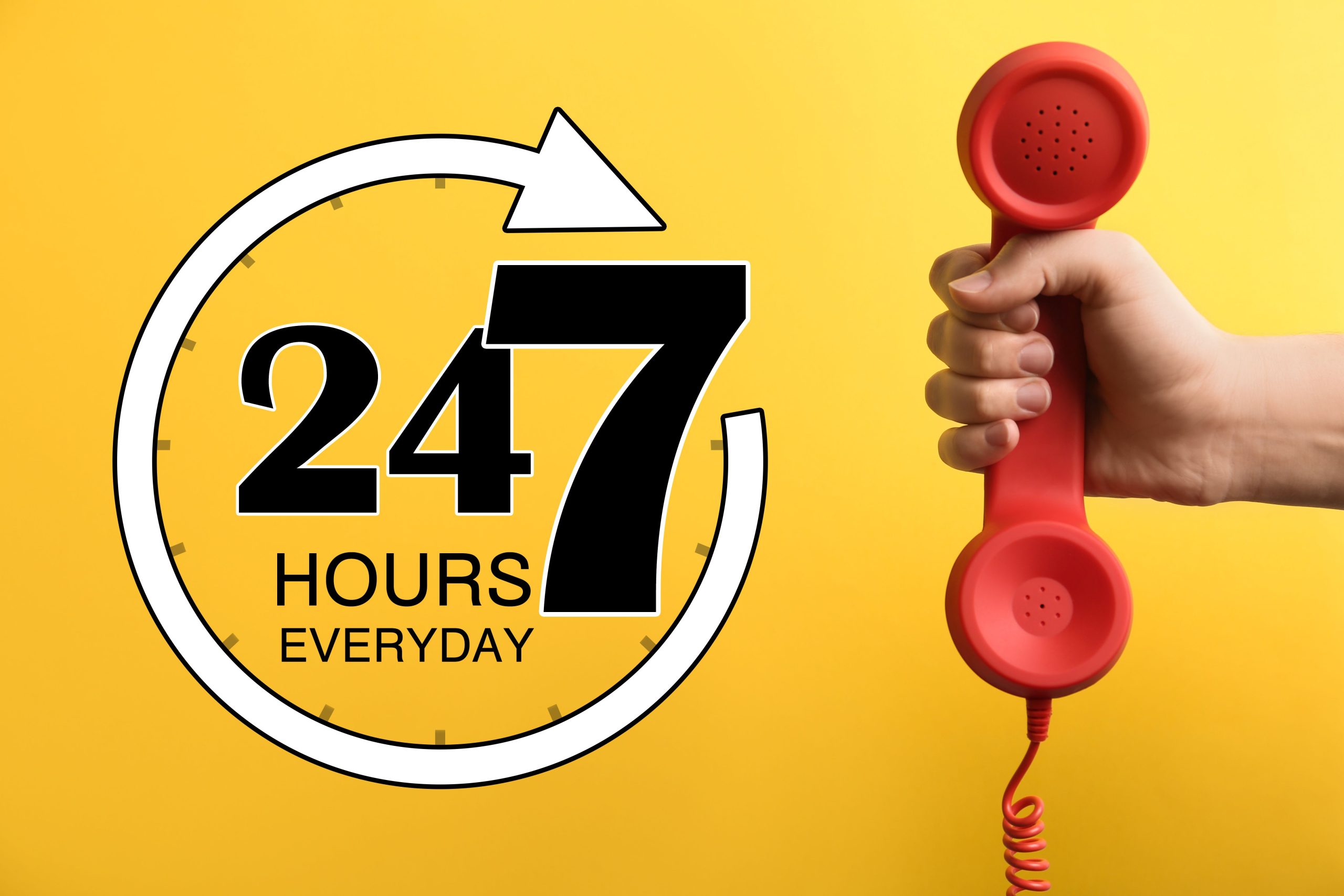In the UK there are nearly 850,000 people living with dementia, and that figure is only those who have been diagnosed., This makes it one of the nation’s top health and social care priorities. When you look to the future, this priority becomes more critical as by 2040 this already large number is set to double in size and by 2050 it will be nearly 2 million with 1.6 million unpaid carers. This is one of the reasons why in their election manifesto the current government committed to double the spending on dementia research.
I was reminded in writing this piece about two things Peter Berry, co-author of the book ‘Slow Puncture’, said of dementia. The first was “Dementia is a strange journey. Make no mistake about it, the destination is known, but the route is unclear, and the duration of the journey is unknown.” On one level it is a personal journey, but it is not a solitary one; secondly, as Peter said in a recent **BeyondBold** podcast “I am living with dementia but the people around me suffer with it.”
Well, from our own family’s personal experience we can say without doubt that these prophetic words are entirely true. My wife’s mother was diagnosed with mixed dementia and the deterioration in her condition has been rapid and severe during these interminable lockdowns. Of course, we are not alone. For the majority of people living with dementia there are loved ones caring for them. In a recent interview, Dr Hilda Hayo, CEO and Chief Admiral Nurse at Dementia UK said for many family carers, this means they will get no respite at all – and caring for someone with dementia can be a physically and emotionally challenging, 24-hour-a-day job.”
And there you have it: it is a 24-hour-a-day job, it doesn’t stop when the lights are switched off. My father-in-law, who is in his late 80’s, has done a wonderful job in caring for his wife but has had little respite – not even 10 minutes of ‘me time’ – and was both emotionally and physically drained. I don’t think we who are close to them, had been prepared for how ‘full-on’ the caring had become and there was just no let up, even throughout the night.
Whilst she struggled during the day and the bouts of agitation, paranoia and aggressiveness were becoming more frequent and intense, the night-time seemed to be particularly bad, especially in the early hours. This culminated in one evening recently when, my father-in-law, having dropped into a rare but extremely exhausted sleep, awoke to find that she had left the house in sub-zero temperatures and, as we found out a short while later when the police brought her back, in nothing more than some socks and a nightie. Over the previous few months this behaviour had been building up and many a time my father-in-law had found himself at his wits’ end in the middle of the night and only able to grab broken sleep when he could.
On several occasions he needed help, sometimes he just needed a reassuring voice from a professional to say that he was doing the right things and some sage advice on things to try. However, when he was most in need there was nobody (apart from family) at the end of the telephone to support, reassure and guide him.
As I said earlier, our experience as a family, is not unique. Helena Herklots of Carers Uk once said “the pressure of caring for a loved one can be very isolating…… These pressures can be exacerbated when a carer doesn’t know where to turn for help.” At The**Bold**Age we ran a dementia helpline survey late last year (the results of which can be found on our website), and it highlighted that a significant number of people felt incredibly lonely and vulnerable at night. In fact, 63% of respondents had an occasion when they have either wanted or needed to use an out of hours dementia helpline and 86% of respondents felt more alone with their problem and anxieties during the evening and overnight.
Yet despite the undoubted need, there is only one 24-hour 7 day a week helpline and that is for Scotland. Surely if ever there was a time for expanding the dementia helpline services it is now. The need and problems are not going to magically disappear with the ending of lockdown, they won’t go underground. Covid has amplified the need for a helpline and the demographers amongst us will clearly point out that the need is only going to get greater and greater.
As a family we have made use of the Admiral nurses’ helpline and have to say it has been a godsend, a friendly voice, a calming influence, reassuring words and practical advice and support. It has all been there and we will be forever thankful. Now we just need to see that extended to cover the whole 24 hours.
Surely it can’t be beyond the ‘wit of man’ for the charities to collaborate and find a way of bringing together the services into one national dementia helpline, which would go some way to help contribute to the line. Nor, we have to say, is it beyond the capacity of the government to find the budget to help fund such a line.
We at The**Bold**Age and our fellow boldies say now is the time to take definitive and effective action, those informal dementia carers and other family members need the 24 hour 7 days a week dementia helpline, now. Not tomorrow. We or the need aren’t going to go away.
